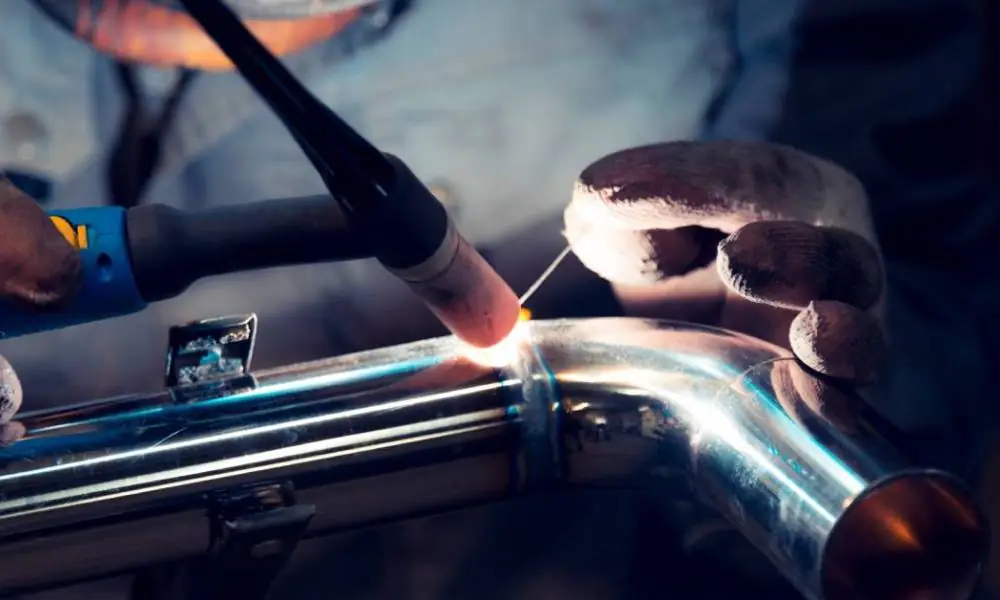
Maintaining cleanliness in veterinary clinics is extremely important, not only for the health and safety of the animals but also for the accuracy and longevity of the medical equipment used in their treatment. Among the various tools employed, veterinary scales are indispensable for monitoring the weight and health of animals.
Keeping the surface of the scale and its components clean prevents the spread of pathogens and promotes a healthy environment. These essential sanitation tips for veterinary scales will help you keep your work equipment in exemplary condition to prevent any issues.
Regular Surface Cleaning
One of the main steps in keeping veterinary scales sanitary is regular surface cleaning. After each use, it’s important to wipe down the scale’s surface using a disinfectant suitable for veterinary facilities. Be sure to remove any fur, dirt, or debris that has accumulated. Regular cleaning prevents the build-up of contaminants that could potentially affect the animals and the accuracy of the measurements.
Deep Disinfection
Periodic deep disinfection is essential, and you should do this at least once a month. This process involves dismantling any detachable parts and thoroughly cleaning them with a potent disinfectant. Ensure every nook and cranny is clean and ready for your next use of the tool. Deep disinfection should be part of your routine maintenance schedule, especially in high-traffic clinics with a large volume of animal patients.
Proper Handling Protocols
Proper handling protocols for quality veterinary measuring scales are vital for maintaining their cleanliness and functionality. Ensure the staff has the proper knowledge to handle the scales correctly, including lifting, positioning, and cleaning procedures. Educate your team on the importance of hygiene and the correct use of disinfectants. Consistent adherence to handling protocols will prevent damage and contamination, thus extending the life of the equipment.
Use Protective Covers
Using protective covers can be incredibly beneficial to further safeguard and keep your scales clean. Protective covers are easy to clean, and you can replace them regularly, reducing the wear and tear on the scales themselves. These covers act as an additional barrier against contamination and make the cleaning process more efficient. Always use covers made from non-toxic, durable materials that are safe for animal use.
Regular Calibration and Maintenance
Regular calibration and maintenance are fundamental to ensure your veterinary scales provide accurate readings and remain hygienic. Scheduled checks will identify any potential issues that could compromise the cleanliness and effectiveness of the equipment. Aligning the scales ensures precision in weight measurement, which is critical for proper animal care. Regular maintenance, along with calibration, supports the longevity of the equipment and maintains a sanitary environment.
Implementing these essential sanitation tips for veterinary scales will significantly enhance the cleanliness and efficiency of your weighing equipment. By following these guidelines, veterinary clinics can ensure a safe, hygienic environment for the animals they treat and their veterinary staff, contributing to the overall welfare of the animals in their care.
Call us today to learn more about how to keep your scales clean and functional, and explore our catalog of veterinary scales to keep your business thriving.